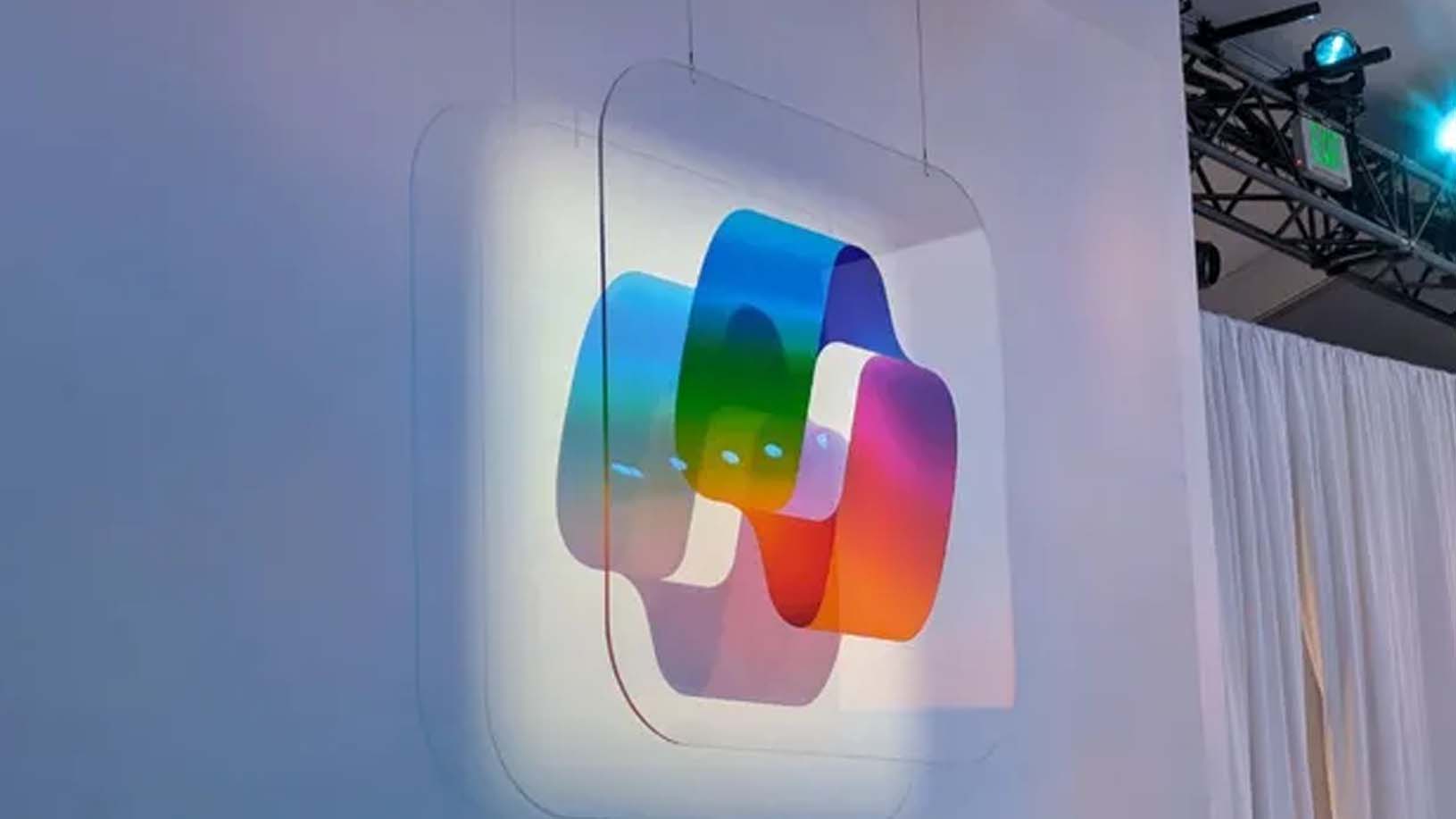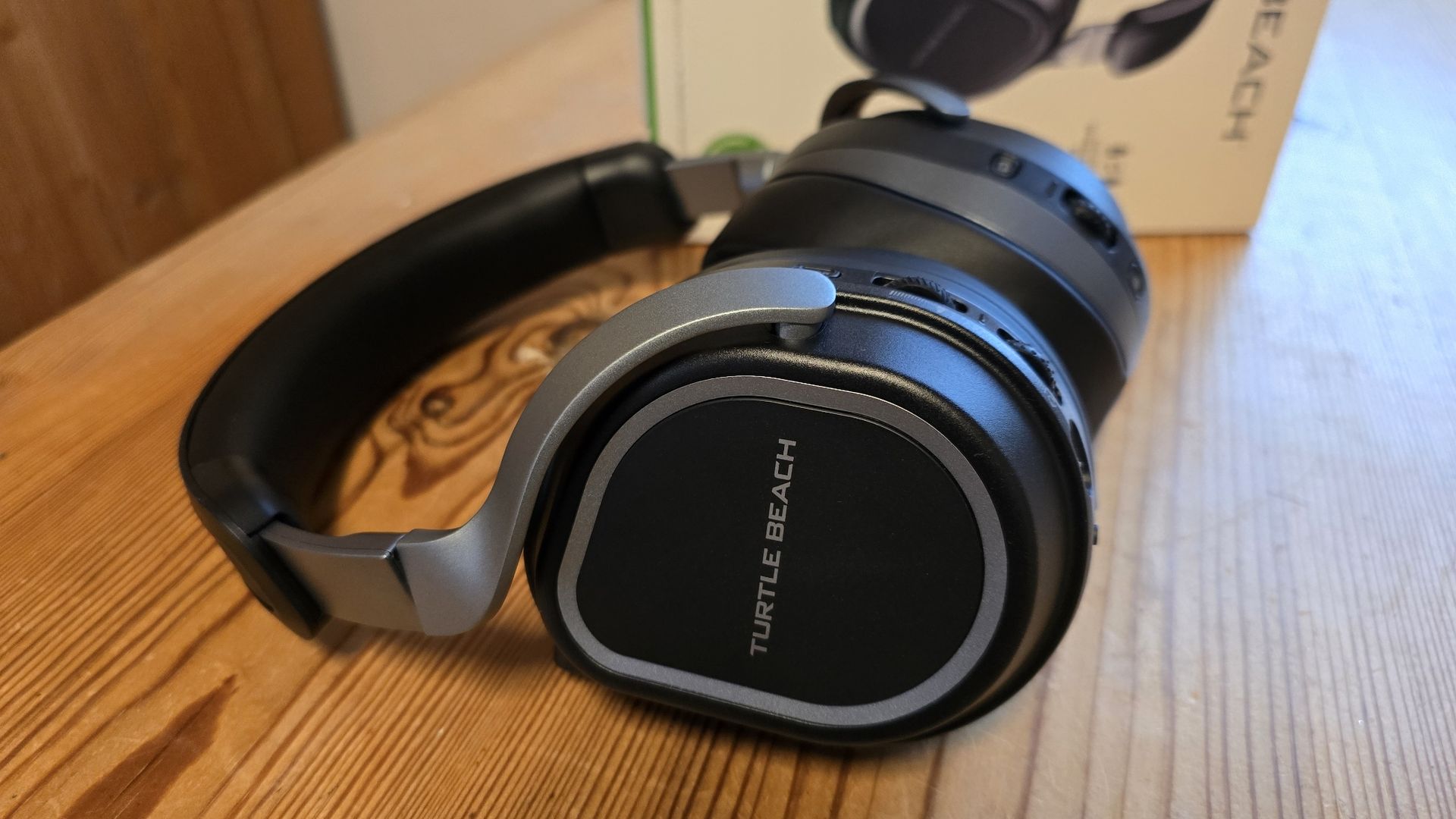Microsoft's idealistic dream for AI automation may be a nightmare for job security
Companies will soon be able to make custom copilots that work "with" you rather than "for" you.

All the latest news, reviews, and guides for Windows and Xbox diehards.
You are now subscribed
Your newsletter sign-up was successful
What you need to know
- Microsoft announced several new features for Copilot Studio, including the ability to make custom copilots that can act as independent agents.
- These copilots can handle complex workflows, automate processes, and handle a wide range of tasks.
- Microsoft also announced a conversational experience for making copilots and Copilot connectors, which can be used to connect a copilot to various data sources and services.
Microsoft isn't just making Copilots for its products and services, the tech giant wants organizations to make custom Copilot agents to help ease workflows. During Build 2024, Microsoft announced plans for copilots that can act as independent agents, including automating tasks. These custom copilots won't just respond to messages or events. They'll be able to handle business processes on their own.
A Microsoft blog post breaks down the new capabilities in Copilot Studio and shares an example of how a copilot could help with a workflow:
"For instance, consider the potential of a copilot that can react when an email arrives, look up the sender’s details, see their previous communications, and use generative AI to trigger the appropriate chain of actions in their response. From understanding the intent of the email, to looking up the sender’s details and account, seeing their previous communications, checking inventory, responding to the sender asking for their preferences, and then taking the appropriate actions to close a ticket—orchestrating and shepherding an entire process over days."
Microsoft describes this as a copilot working with you rather than working for you. It's a bit like having an AI-powered coworker who can handle tasks and free you up to do other work. Copilots can be used to handle tasks in IT, marketing, sales, and finance.
The ability to create custom copilots is now available to early access testers. It will hit public preview within Copilot Studio this year.
Copilot Studio also gained a conversational interface designed to help make copilots. The tech giant also announced Copilot connectors, which can be used to connect copilots to a range of data sources, including SharePoint, OneDrive, Microsoft Graph, and third-party apps.
What about jobs?

Teams being able to automate tasks and workflows raises questions about job security. Microsoft argues that the new capabilities will automate boring and repetitive tasks that most people don't like doing. The tech giant often claims that AI is here to enhance jobs, not replace them, but I have doubts.
All the latest news, reviews, and guides for Windows and Xbox diehards.
Microsoft touts the complexity of tasks that its AI agents can handle. The feature list is impressive. Copilots from Microsoft can help at IT help desks, with employee onboarding, and act as a "personal concierge for sales and service." While there is no doubt that having AI handle these tasks would be attractive to companies, I don't see how it could leave employees unaffected.
Take a look at Microsoft's own phrasing about custom copilots (emphasis added):
"While we’re just getting started, we’re optimistic about the potential for these copilots to drive efficiencies and cost savings across every function. For example, an “order taker” copilot can handle the end-to-end order fulfillment process—from taking the order, to processing the order and making intelligent recommendations and substitutions for out-of-stock items, to shipping it to the customer."
Where does that cost savings come from if not by reducing the number of employees a company has or lowering the hours those employees work? Microsoft's press material talks about how custom copilots will help teams be more productive, collaborative, and creative. That may be true, but I also predict it will make teams smaller.
Charles Lamanna, corporate vice president of business apps and platforms at Microsoft, spoke with The Verge about automation and Copilot agents.
“What makes a job, what makes a role? It’s a bunch of different tasks and generally it’s a very large number of very diverse and heterogeneous tasks. If someone did one thing over and over again, it probably would have already been automated by current technology,” said Lamanna. “We think with Copilot and Copilot Studio, some tasks will be automated completely... but the good news is most of the things that are automated are things that nobody really wants to do.”
It seems idealistic to assume Copilot will only handle the boring bits of jobs that no one likes doing. But even if that were the case, AI is still replacing work done by a person. If there's a team of ten people and AI takes a fraction of each person's workload, companies will save money by cutting jobs within the team.
AI replacing jobs
Using AI in the workplace is a sensitive subject, especially when jobs are on the line. AI can make a job easier, handle repetitive tasks, and increase the amount of work an individual or team can handle. But a natural consequence of automation is certain people losing their job or having to change fields.
It's true that employees need to adapt and upskill to keep up with technology and what jobs are needed. To use an oversimplified analogy, it's not like society should have prevented the telephone from being made in order to save the jobs of telegraph operators. AI shouldn't be stopped or limited simply for the sake of saving jobs, but I do wonder where this road leads.
Another aspect of this is what happens when we become reliant on AI for such a broad range of tasks? Experienced professionals understand that sometimes you just need a person to get a job done. AI can automate a lot and will continue to improve, but there are situations that require a human touch, and I don't think that will change. But will companies keep a person on staff for those situations alone? Or will experts have to split time between a broader range of organizations? In either case, there would be fewer billable hours to go around.

Sean Endicott is a news writer and apps editor for Windows Central with 11+ years of experience. A Nottingham Trent journalism graduate, Sean has covered the industry’s arc from the Lumia era to the launch of Windows 11 and generative AI. Having started at Thrifter, he uses his expertise in price tracking to help readers find genuine hardware value.
Beyond tech news, Sean is a UK sports media pioneer. In 2017, he became one of the first to stream via smartphone and is an expert in AP Capture systems. A tech-forward coach, he was named 2024 BAFA Youth Coach of the Year. He is focused on using technology—from AI to Clipchamp—to gain a practical edge.

